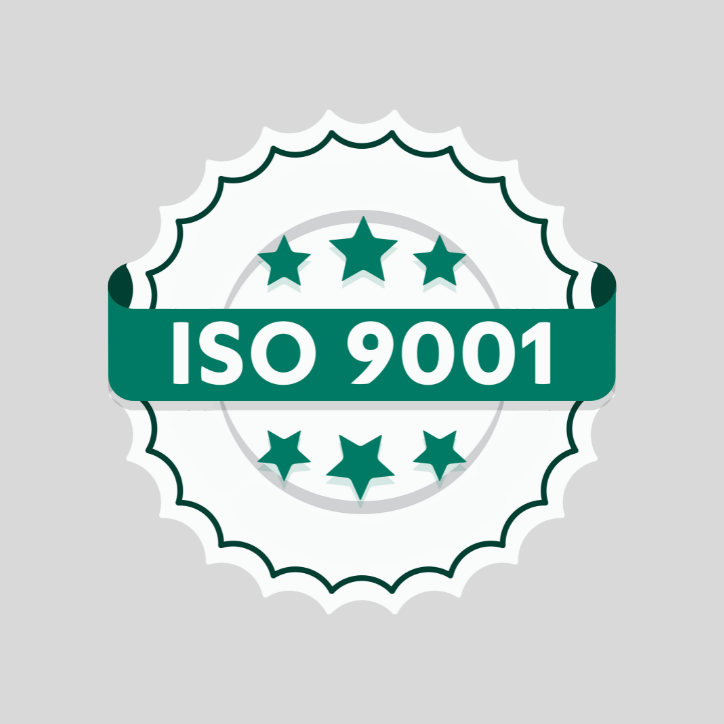ISO 9001
Introduction:
In the dynamic and competitive landscape of today’s global markets, organizations seek effective ways to ensure the quality of their products and services. ISO 9001, an internationally recognized standard for quality management systems (QMS), plays a pivotal role in guiding businesses toward excellence. Let’s delve into the essence of ISO 9001, exploring its principles, benefits, and why it has become a gold standard for businesses committed to delivering superior quality.
What is ISO 9001?
ISO 9001 is a standard developed by the International Organization for Standardization (ISO), providing a framework for establishing, implementing, maintaining, and continually improving a Quality Management System. This standard is applicable to organizations of all sizes and industries, from manufacturing and service providers to public institutions and nonprofits. At its core, ISO 9001 is designed to help organizations meet the needs of their customers and stakeholders while meeting statutory and regulatory requirements related to their products or services.

Key Principles:
ISO 9001 is built on a set of seven quality management principles that serve as a foundation for organizations seeking to enhance their overall performance. These principles include a strong customer focus, leadership, engagement of people, a process approach, improvement, evidence-based decision making, and relationship management. By aligning with these principles, organizations can foster a culture of continuous improvement and customer satisfaction.
Benefits of ISO 9001:
Implementing ISO 9001 brings a multitude of benefits to organizations. One of the primary advantages is the enhancement of customer satisfaction. The standard emphasizes understanding and meeting customer requirements, which, in turn, leads to increased confidence and trust in the organization’s products or services. ISO 9001 also promotes efficiency within processes, reducing waste and increasing productivity. Moreover, as organizations adhere to the standard’s requirements, they often experience improved employee morale, a focus on risk-based thinking, and a platform for sustainable growth.
Conclusion:
ISO 9001 serves as a beacon for organizations aspiring to uphold the highest standards of quality in their operations. It’s not just a certification; it’s a commitment to a systematic and strategic approach to quality management. By embracing ISO 9001, organizations signal their dedication to continuous improvement, customer satisfaction, and overall excellence. In a world where quality is synonymous with success, ISO 9001 remains a vital tool for those striving to navigate the complexities of the global marketplace with confidence and integrity.
